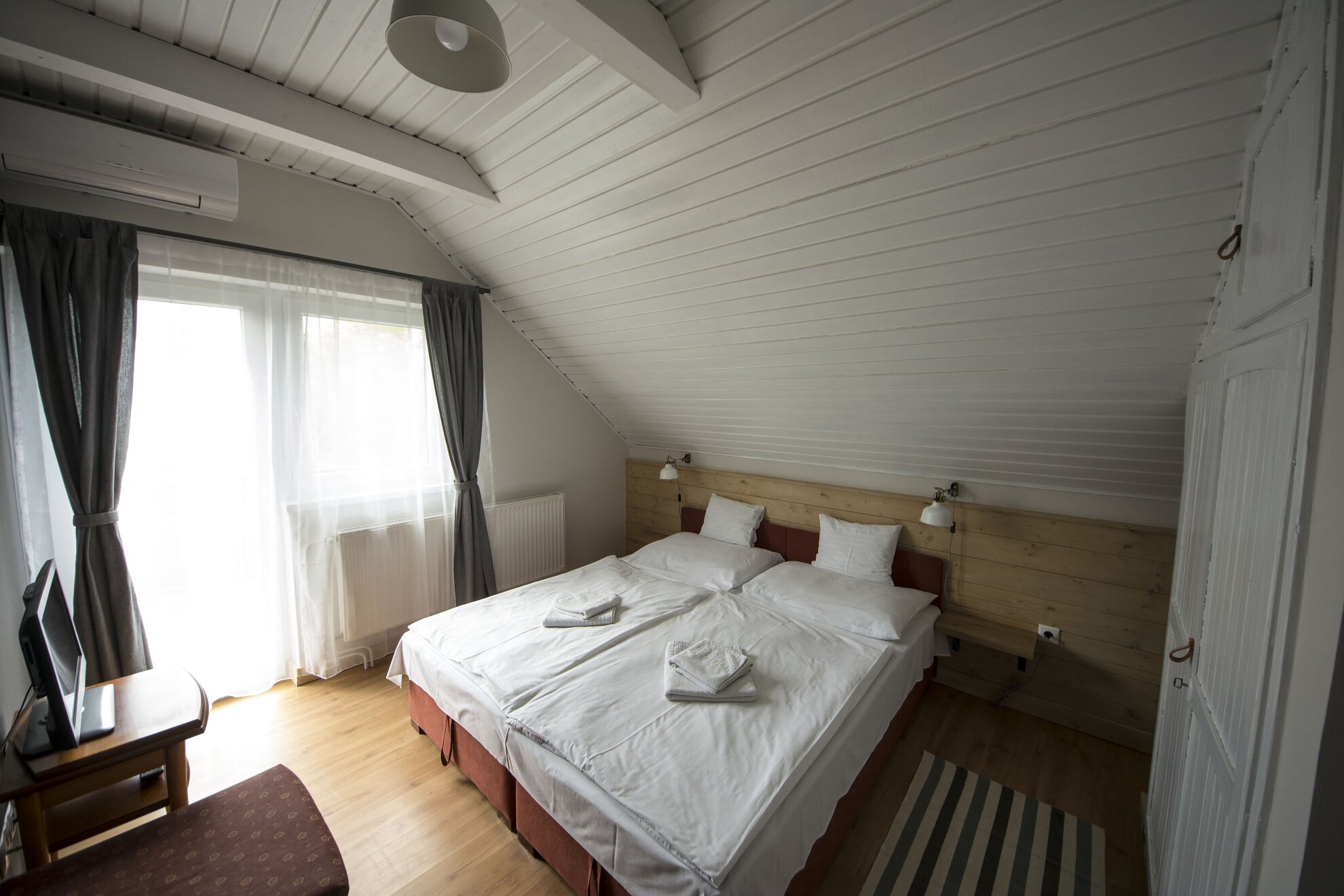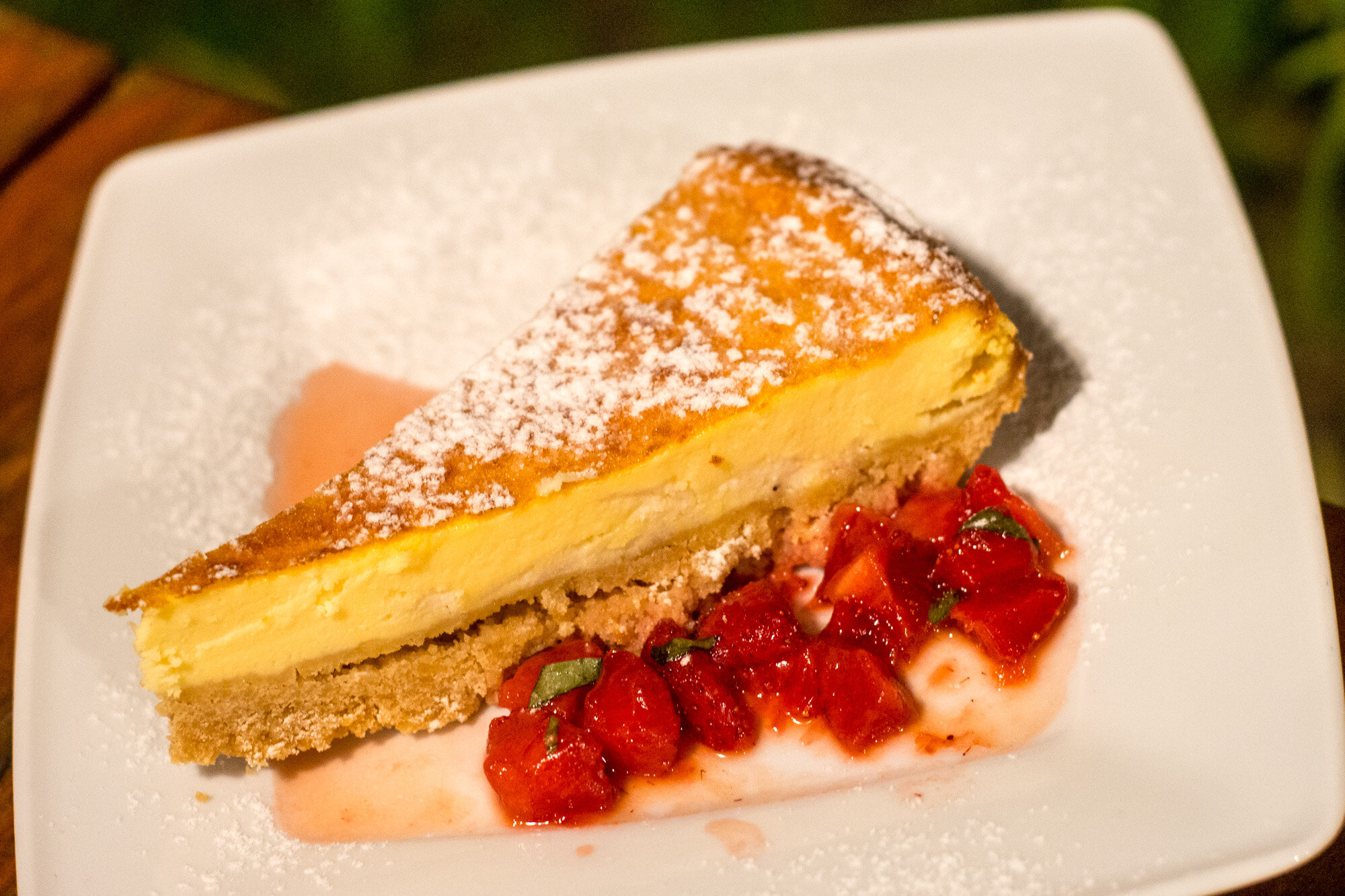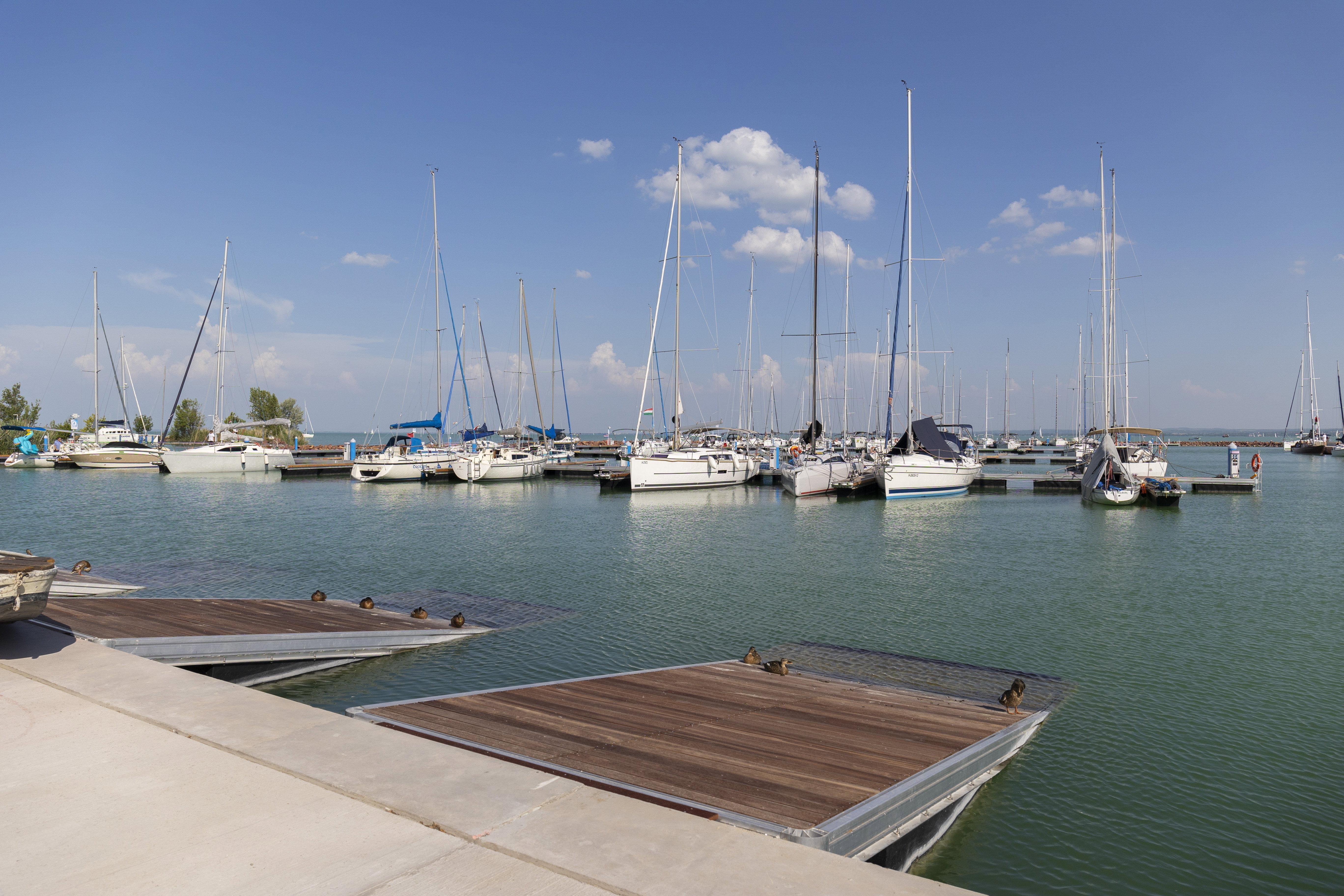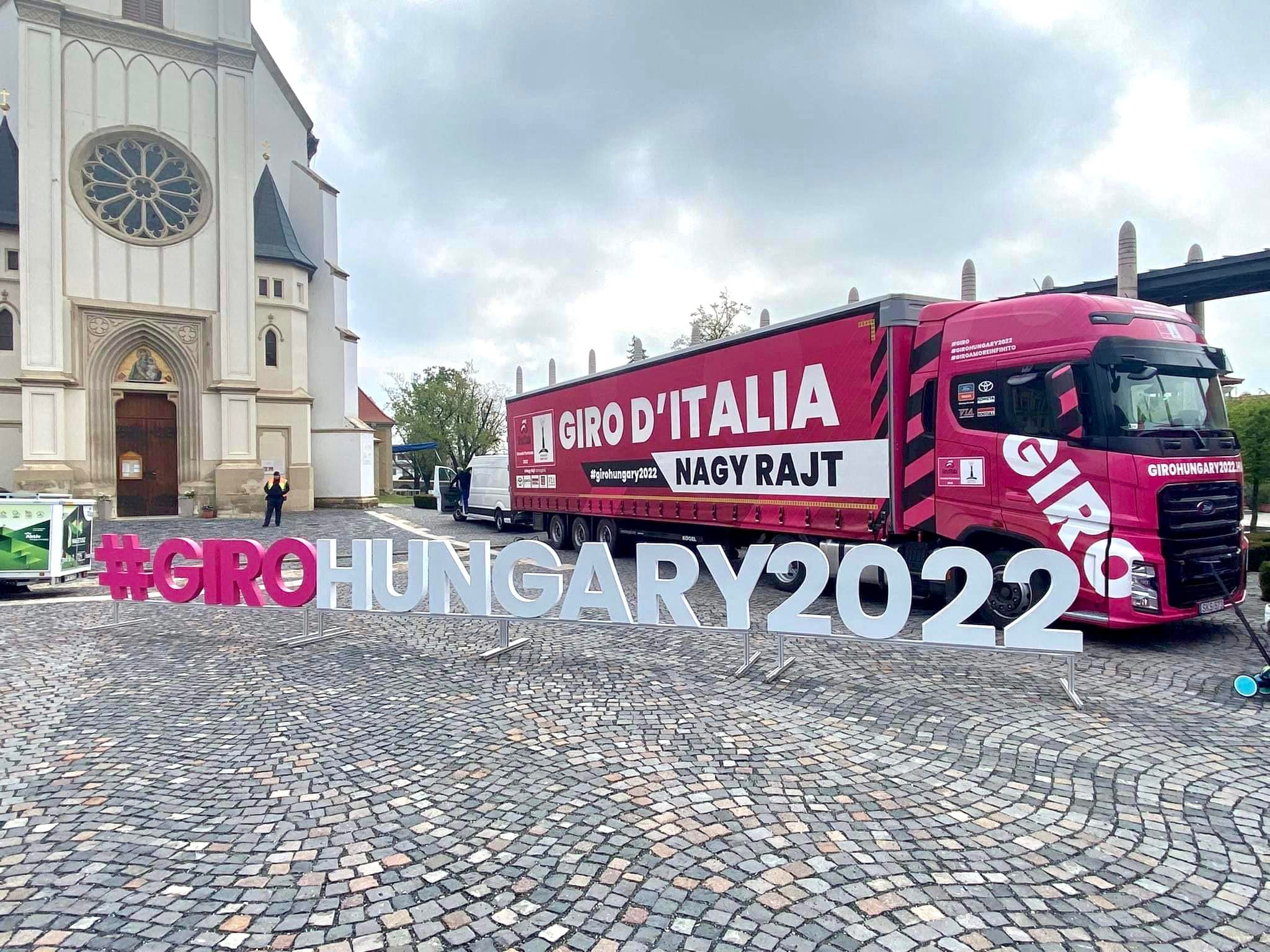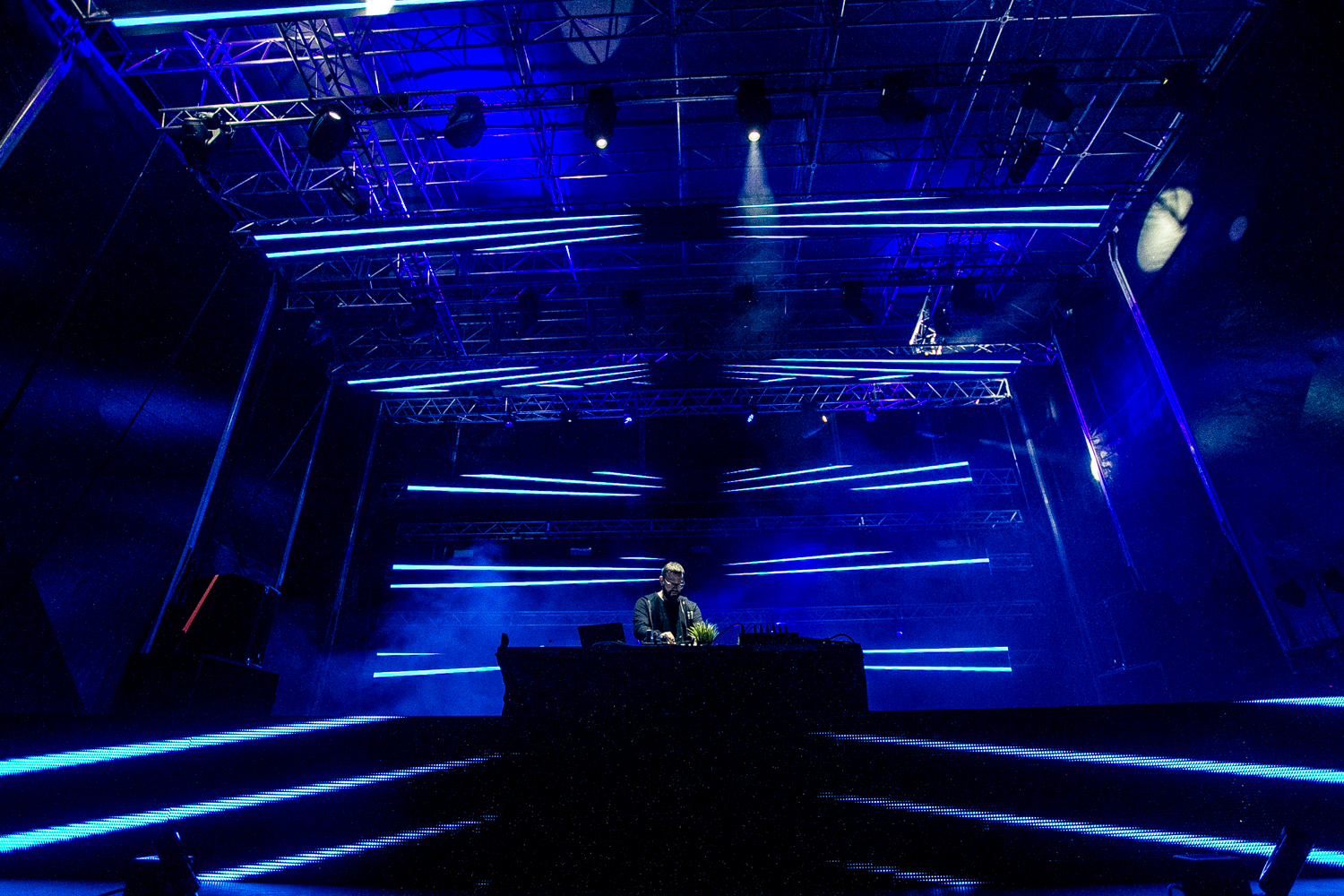If we had to guess which three adjectives are most commonly used by countryside catering establishments, we’d go with “cozy”, “homey”, and “artisanal”. These words are so popular most people kind of ignore them altogether, but nothing beats the feeling when you walk into an eatery, café, or pub whose identity truly matches the above description. One such place is Borbarátok in Badacsonytomaj, a restaurant and guesthouse that exemplify the joint efforts of several generations.
When you come across a place like Borbarátok, you know you’ve found a gem you want to tell everyone about and keep a secret at the same time. You’re afraid that it’ll soon be so fashionable that it eventually loses its charm as it grows bigger and the service becomes less thorough. Luckily, Borbarátok managed to stay true to itself in the face of change: despite the fact that over the years the business originally comprising only the wine cellar founded by the grandfather was expanded to include a restaurant and a pension as well, the family has maintained its humble attitude, and didn’t let the enterprise grow beyond a personally manageable size.
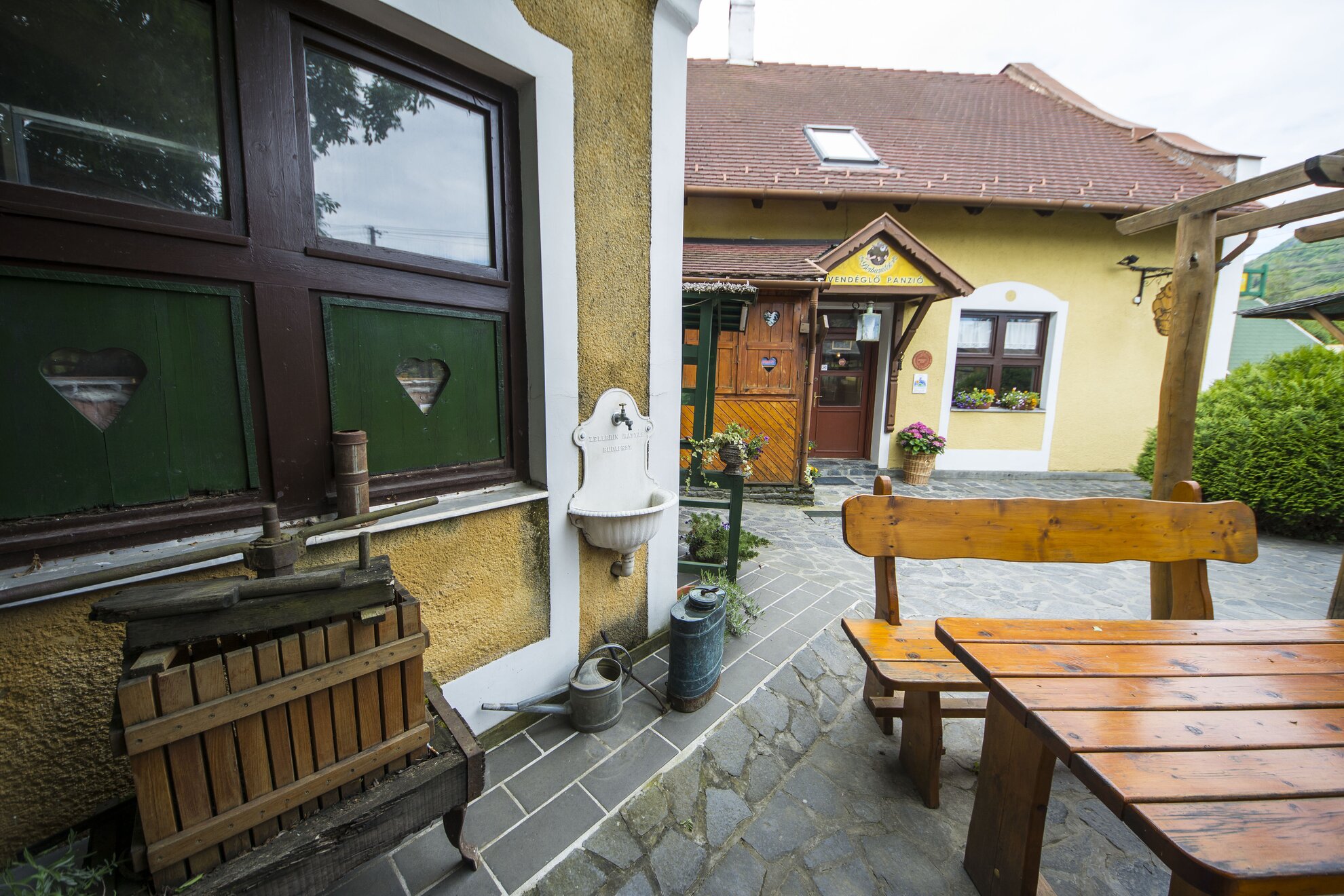
The story of Borbarátok began in the 1920s: that’s when the grandfather of current owner István Nagy purchased the house and the cellar in Badacsonytomaj. The property also included an old vineyard, which he immediately replanted. In the beginning he only made wine for the family and friends, but the number of guests began to grow, and so did the size of the vineyard and the number of the grape varieties he worked with. The younger generations inherited and carried on the granddad’s sense of hospitality and love for wines, preserving and continuing to improve the family business. By the end of the 1980s, the family vineyards covered an area of about nine hectares, and the grandkids had opened Borbarátok Restaurant as an outlet for their enthusiasm for gastronomy.
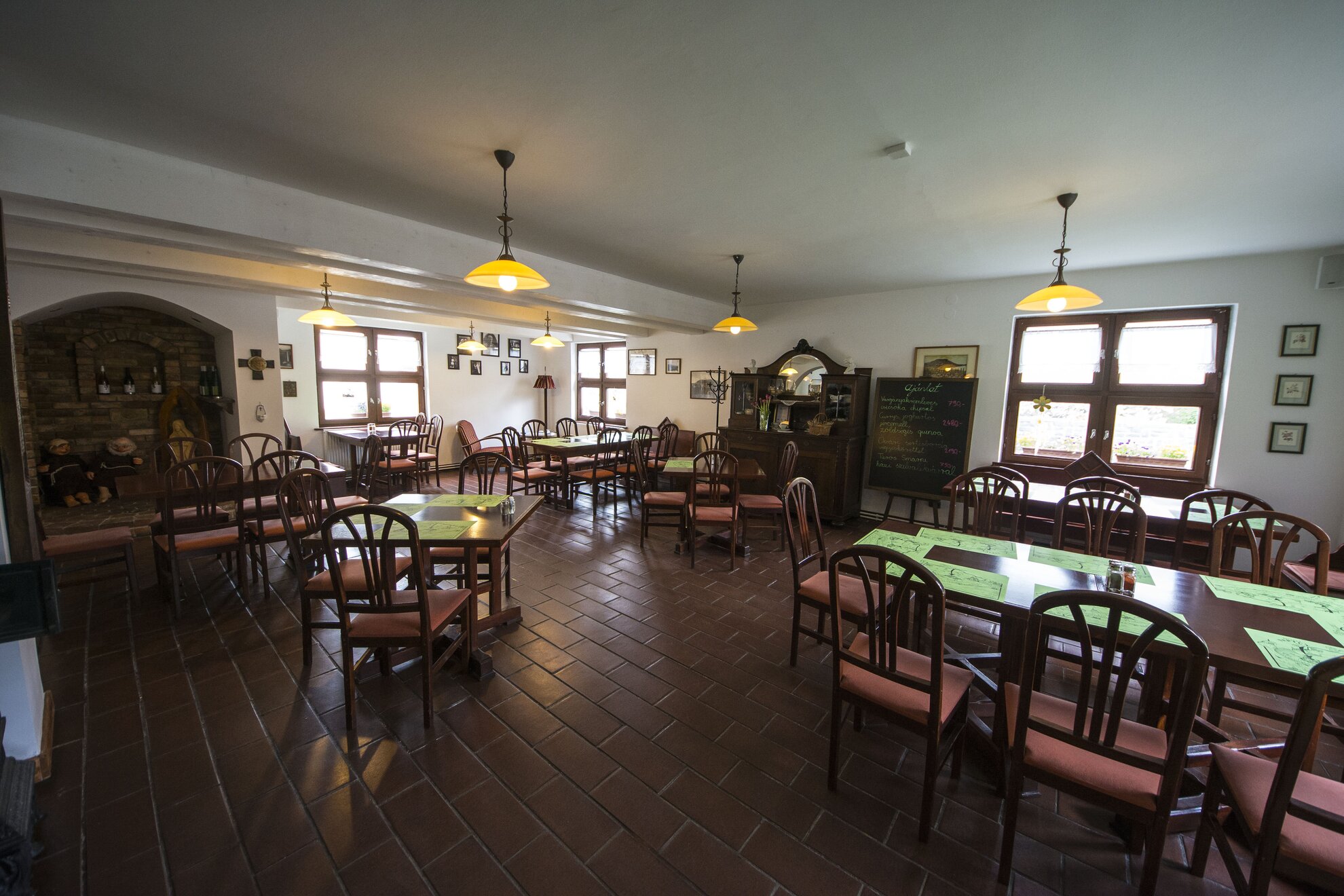
The menu of the tavern features all the classic staples of a typical Sunday lunch: golden chicken soup with extra thin, homemade noodles, fish soup, “csusza” pasta with curd cheese and fried bits of bacon, beef stew with egg barley, and roasts and ribs with homestyle pickles, the way grandma makes them. The portions are huge, but the prices are as friendly as the service. The soups are between 800 forints and 1,500 forints depending on whether they come in a plate or a mini cauldron; the main dishes cost 2,500-3,500 forints with the likes of pike-perch fillet and mangalica representing the top of the price range. If you feel like there’s still room for more, you can top the meal off with some delicious dessert for 750 forints.
In addition to the reliable, homey cuisine, the menu also includes the entire wine selection of the cellar: 16 of their own wines and two kinds of pomace pálinka. The restaurant and the cellar used to both operate under the Borbarátok name, but the former was such a success that it slowly, almost “accidentally” swallowed up the latter. One day the family came together to make a decision even the marketing experts of multinational companies would be proud to have come up with (every change concerning Borbarátok is put to a vote among the family, the chief winemaker, and the employees): they agreed to make the cellar an independent part of the business again, and named it Fata Cellar in honor of their original family name. The 128-year-old cellar received a whole new image, and finally earned the place it rightfully deserves. Having a glass of Welschriesling with your dinner is pleasant enough, but it has nothing on a professional wine tasting session.
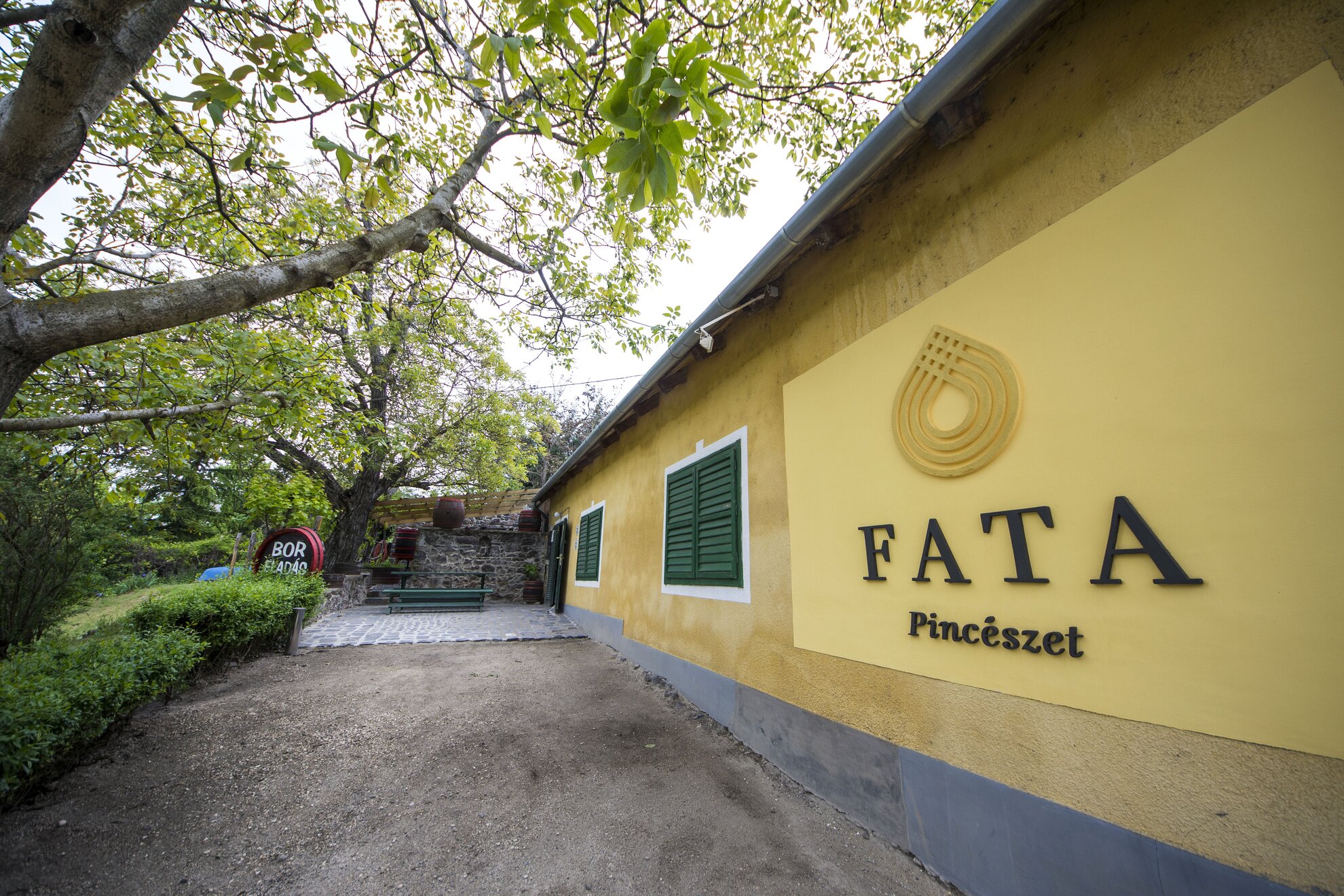
Fata Cellar currently grows nine kinds of grapes on more than nine hectares. The wines are not intended for the market; the family doesn’t want to expand so much that they, together with seasonal workers, can’t do all the work manually. They keep stock of every vine, and they’re meticulous about making sure that all the wines are of the highest possible quality. It’s hardly surprising that all of their items won distinctions at this year’s regional wine competition in Badacsony, with the cellar’s total coming up to two gold, nine silver, and five bronze medals.

The wine selection is partly based on the family’s own taste, but the opinion of patrons counts a lot as well. As the entire clan is involved in the evolution of Borbarátok, they are absolutely aware that twenty-somethings have different expectations in terms of what a wine should taste like than their dads or granddads. Apart from perfecting the traditional grape varieties of the Badacsony region, the family’s young and dedicated winemaker is always working on something new. The cellar’s latest item is a tasty Kéknyelű-Welschriesling blend: it still needs bottling as well as a name, which the family will come up with for the wine’s debut at the Badacsony Wine Weeks, held between July 15 and 31.
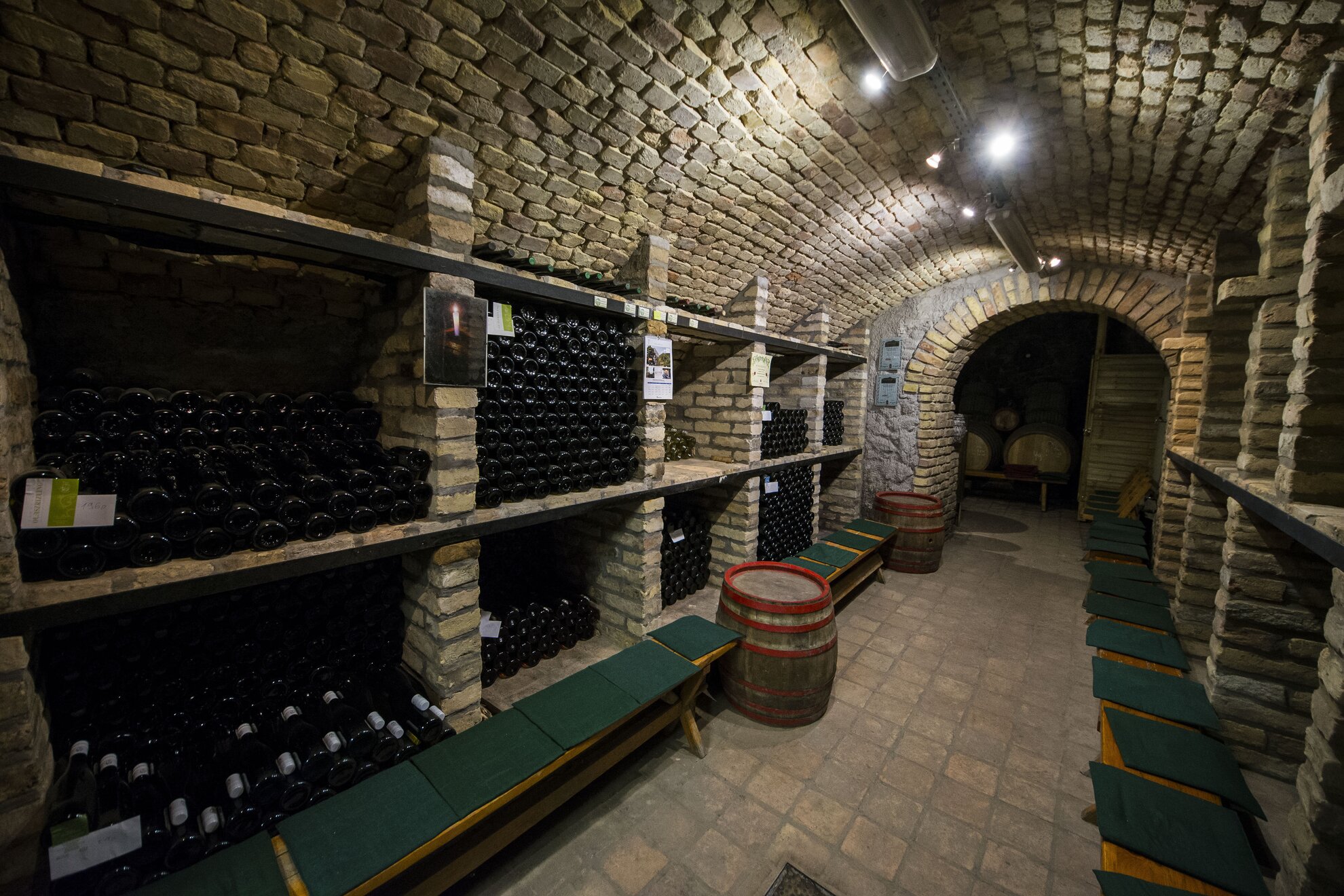
Fata Cellar’s vermouth is a real specialty made in accordance with the 200-year-old recipe of Róza Szegedy, and it isn’t available anywhere else. The wife and muse of renowned Hungarian poet Sándor Kisfaludy loved the fine whites of the Badacsony region, but she often had stomach problems because of their high acidity. This conundrum inspired her to make a delectable herb-based wine that works well as an aperitif or digestive. The main ingredient of the unique concoction is wormwood.
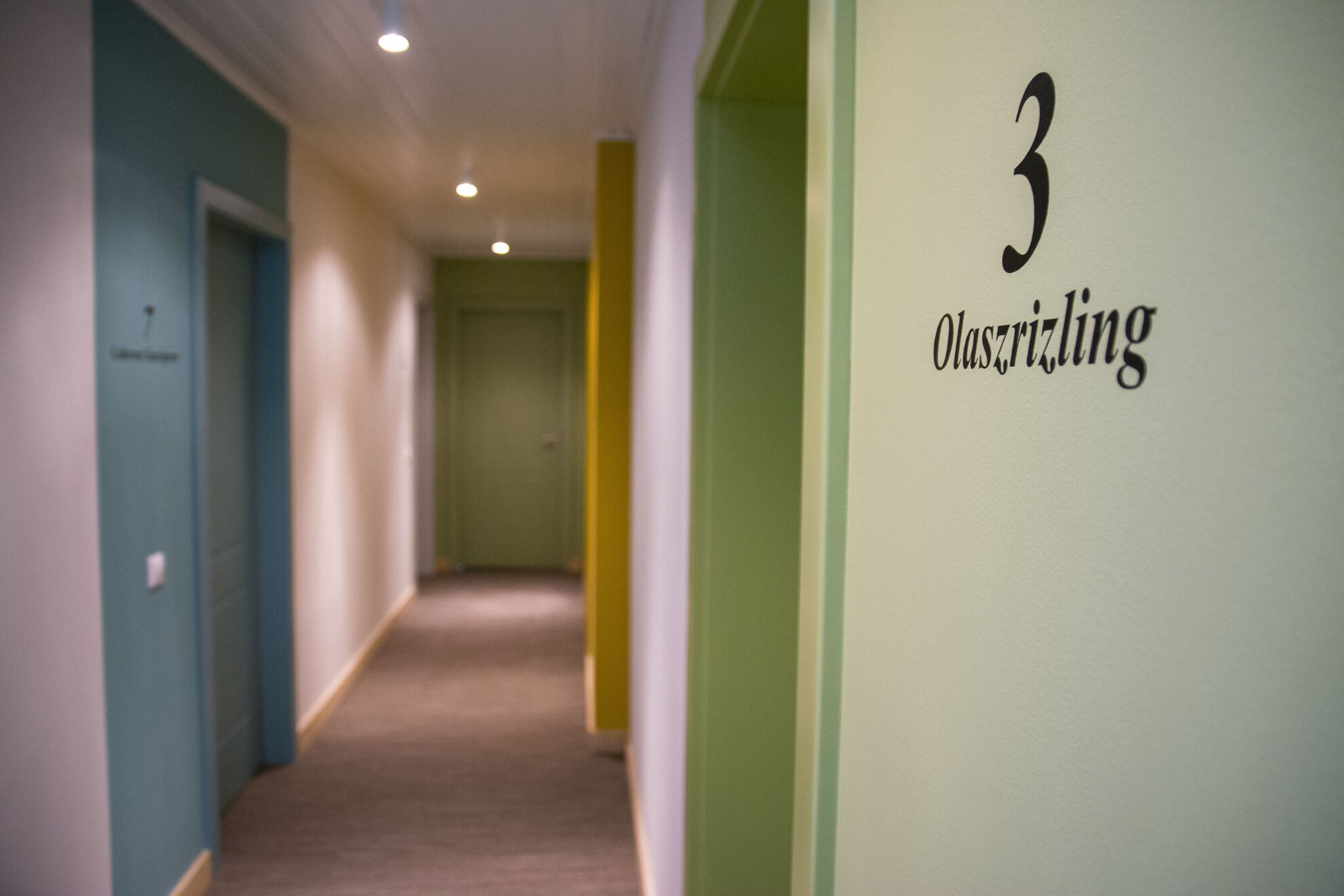
A couple of years ago the family had a guesthouse built next to Fata Cellar and Borbarátok Restaurant to be able to offer visitors a soft bed in addition to the excellent food and wines. Named after different wines, the pension’s nine rooms are all furnished in a modern, but tasteful style.
